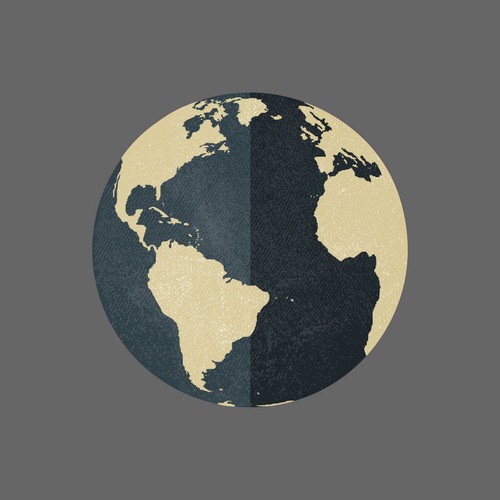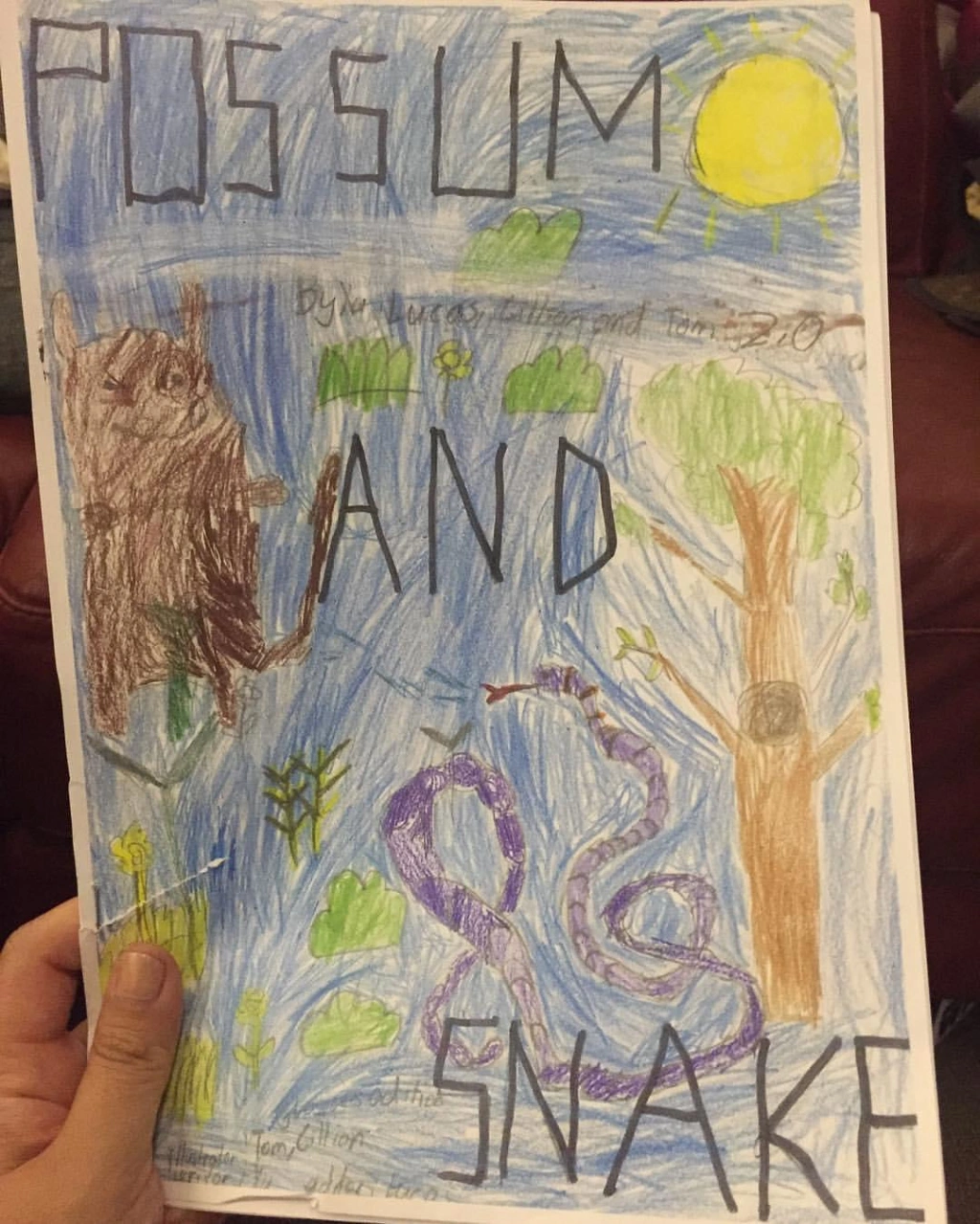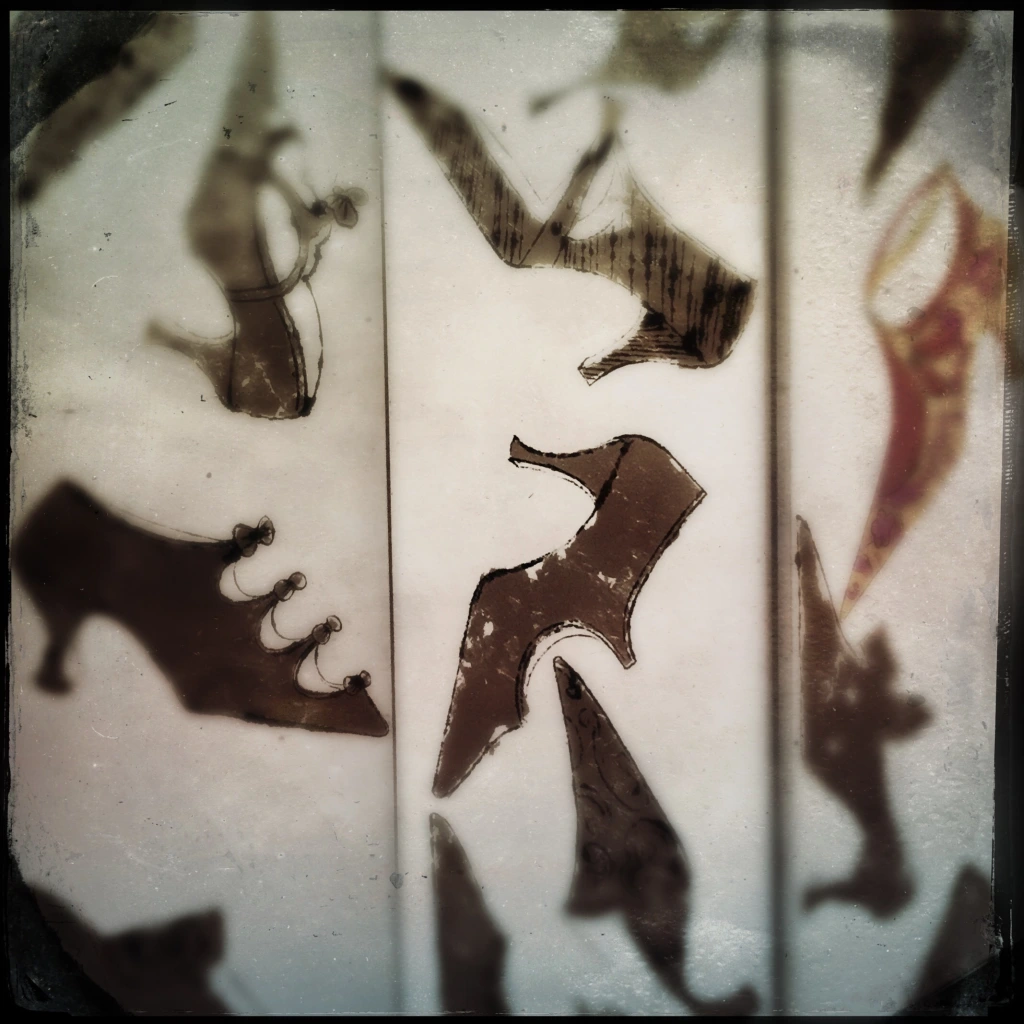
I came across Zuri this time last year. I was checking my phone one day and their story popped into my Facebook feed. It was this story in the New York Times. I fell in love with their dresses and as I read on, I loved their story and what the company set out to achieve. Before I knew it I was punching in my credit card details and buying one of their fabulous dresses.
It was a story about two American women with a heart for doing good, who bonded over a dress at a wedding and went into business together.
They are Ashleigh Gersh Miller and Sandra Zhao. They sell dresses in just one dress style. But in many exquisite colours.
“When we started, we didn’t have a direction we wanted to go. We just knew we wanted to make one piece of clothing that looked good on every woman in whatever shape or size they came in,” explains Ashleigh over the phone. She is in Kenya. It’s 9:30am over there and she has kindly given me some time to ask her some questions.
Not only is the cut flattering, it’s the fabric that makes each dress special.
They are textiles made in Africa. Fabrics that were traditionally woven to communicate messages or commemorate events. Kitenge, as they are known in East African countries and Ankara, as it is more commonly named in West Africa.
While the fabric is produced all across the continent, Ashleigh and Sandra source the fabrics primarily from Tanzania and Ghana. The dress is then made in Kenya by the social enterprise, Soko.

“We work with Soko because of the systems they have in place to help their employees,” Ashleigh tells me.
The manufacturing company is in an arid part of Kenya. Not much grows there and for many it can be a difficult place to live. Not only has Soko provided jobs for the local community, they also pay their workers a living wage and has established a child care centre for them. They also have a stitching school and other social programs that assist women in the community. For many who work at Soko, the social enterprise has given them the means to feed their families and send their kids to school.
Ashleigh also knows every single link in the supply chain that makes the dresses that end up in our wardrobes.
“I source and buy the fabric myself from local shops. I pay the shopkeeper directly. Everything we do is open and direct so we know what happens at every step of the process. Nothing is hidden or unknown.”

In a world of fast disposable fashion and big profits made off the exploitation of workers who make our clothes, these guys are a breath of fresh air. I am secretly pleased Zuri was discovered by the New York Times.
“There has been a tremendous boost to our business since the article,” Ashleigh responds. “But what’s been amazing is that interest has kept rolling. We have stayed busy and have found repeat customers. Many of whom are on to their third, fourth, tenth dress!”
In August, the pair opened a store in New York. They were only supposed to stay there temporarily. Their initial pop-up store was over-run by people all wanting their dresses and they decided to find a space for a couple of months. It became more permanent recently.
“I also work on the customer relations side of the business and it has just been wonderful to hear some of the feedback from people. Many are thrilled with their dress and some have even sent us pictures of themselves in our dresses. It’s been great to see so many of our customers feel connected to Zuri and feel involved as we do.”
And why wouldn’t we? That fabric that caught our eye is hand picked by Ashleigh and bought at local stores, assisting small businesses. Not only is the cut flattering and the prints beautiful, it was made by skilled people who are paid enough to feed their families, working for a company that pours its profits back to its community.
I ask what has been the best part of this entire experience of running Zuri and Ashleigh’s answer surprises me. It isn’t the fame, or the money, or the great learning experience. It’s the bond that has formed with her friend and business partner Sandra.
“We have been through a lot together. It’s been amazing to go through this experience and realise we are there for each other. That I can totally lean on this other person,” Ashleigh says.
It seems Ashleigh and Sandra have also been warmly welcomed by their community in Kenya.
“We’ve generated some local interest and many people we’ve met here love the fact that we are, in our own way, making Kenya known in the US.”
That’s it. I go into their website and buy dress number two.
Featured image from Zuri.






11 responses to “Zuri: Making a difference one dress at a time”
Cool prints and even cooler mission. Thanks!
LikeLiked by 1 person
My pleasure! 🤗
LikeLike
Their dress looks lovely, I like it too!! Wonderful story!
LikeLiked by 1 person
Thank you!
LikeLiked by 1 person
Pretty cool stuff! 😉
LikeLiked by 1 person
Heh 😎
LikeLiked by 1 person
This is awesome. I really enjoy your discoveries of great social enterprises. Thanks so much for sharing them.
LikeLiked by 1 person
Thanks Su! 🤗 I am hooked on their dress. It’s a pity some of their sizes run out and I have to wait to see if they will make it again!
LikeLike
🙂
LikeLiked by 1 person
Great story! Our world need so much more social enterprises and enterprises which are mindful in sustainability.
LikeLiked by 2 people
Thanks Ilka!
LikeLiked by 1 person